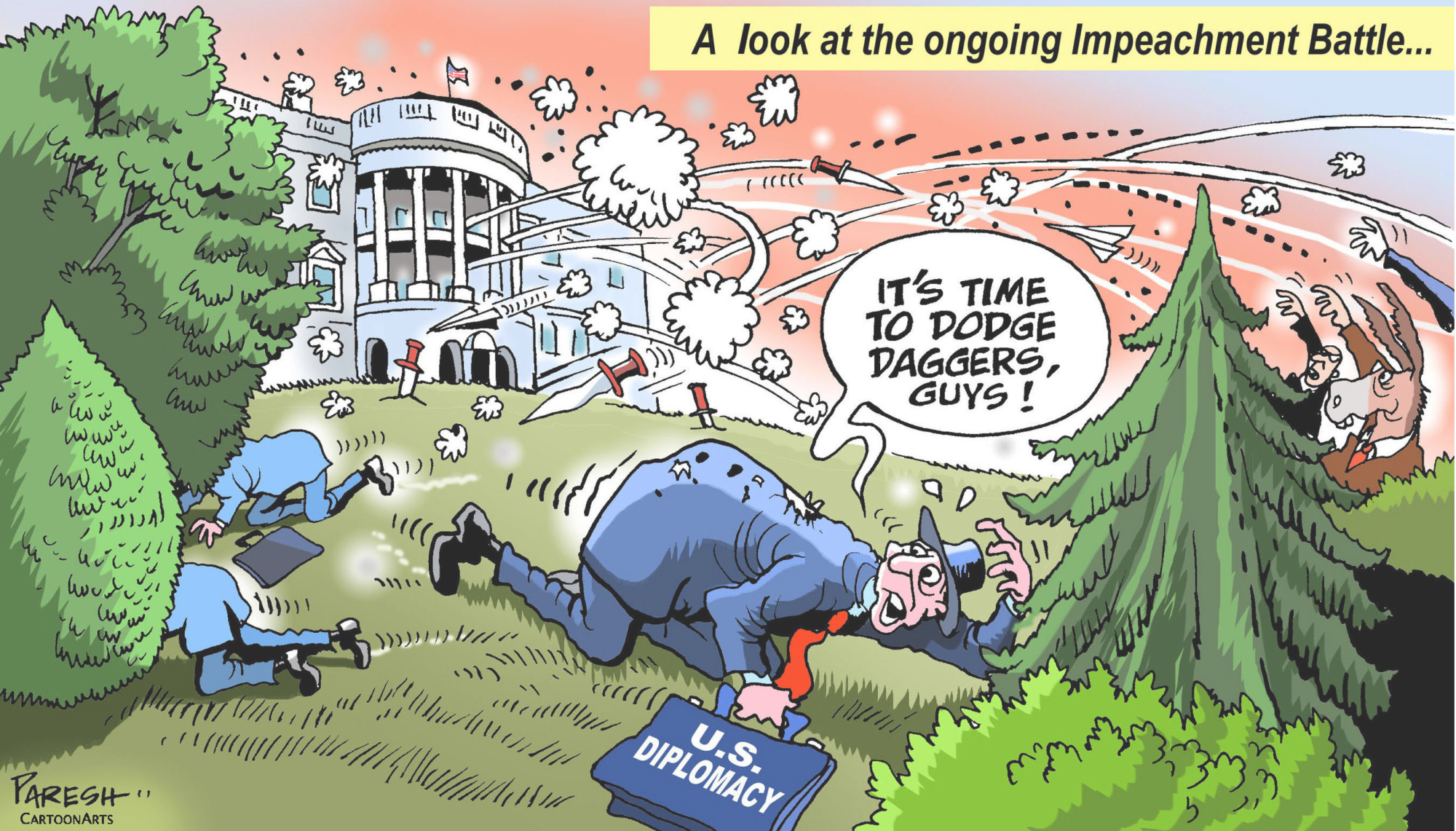"So what?" was my reaction when I heard the president of the United States announce that Abu Bakr al-Baghdadi, the leader of the Islamic State group, "died a coward" by detonating a suicide vest as U.S. special forces raided his hideout in northern Syria.
Al-Baghdadi has been an expendable figure especially since IS lost the territory it controlled in Syria. His death is symbolic at most, while what's still most worrying is the fact that Washington changed the strategic landscape by abandoning the Syrian Kurds.
Two weeks ago, I wrote that the ramifications of the mistake U.S. President Donald Trump made are so grave that no leader of an ally or friend of the U.S. can ignore it. Almost immediately after the column was published, one of my closest friends in the U.S. sent me an email in which he said that my column "hit the nail on the head in describing the fears generated by this disgraceful decision and its broader policy implications." Now I knew I was not alone in being alarmed about the U.S. president's intuitive foreign policymaking.

















With your current subscription plan you can comment on stories. However, before writing your first comment, please create a display name in the Profile section of your subscriber account page.